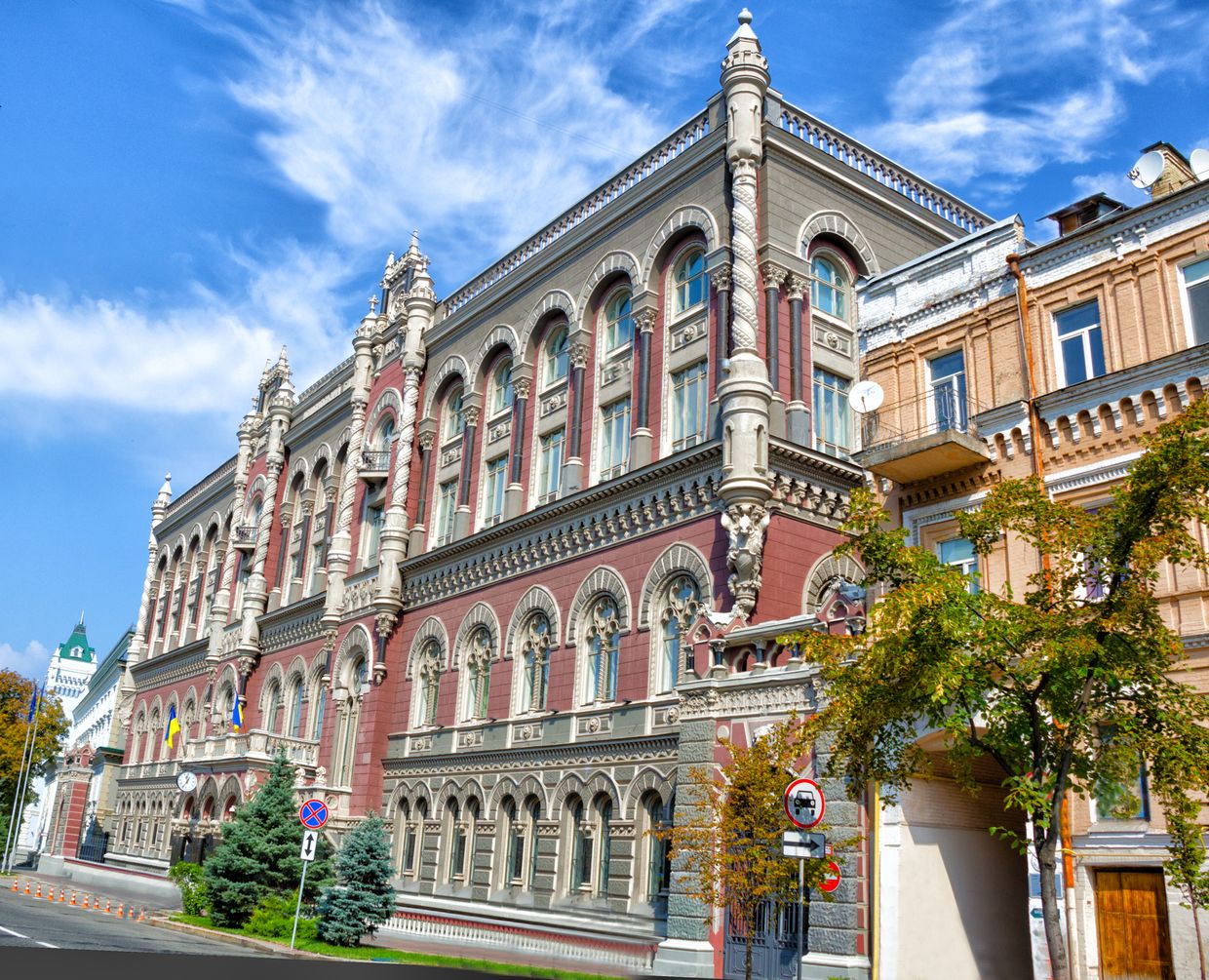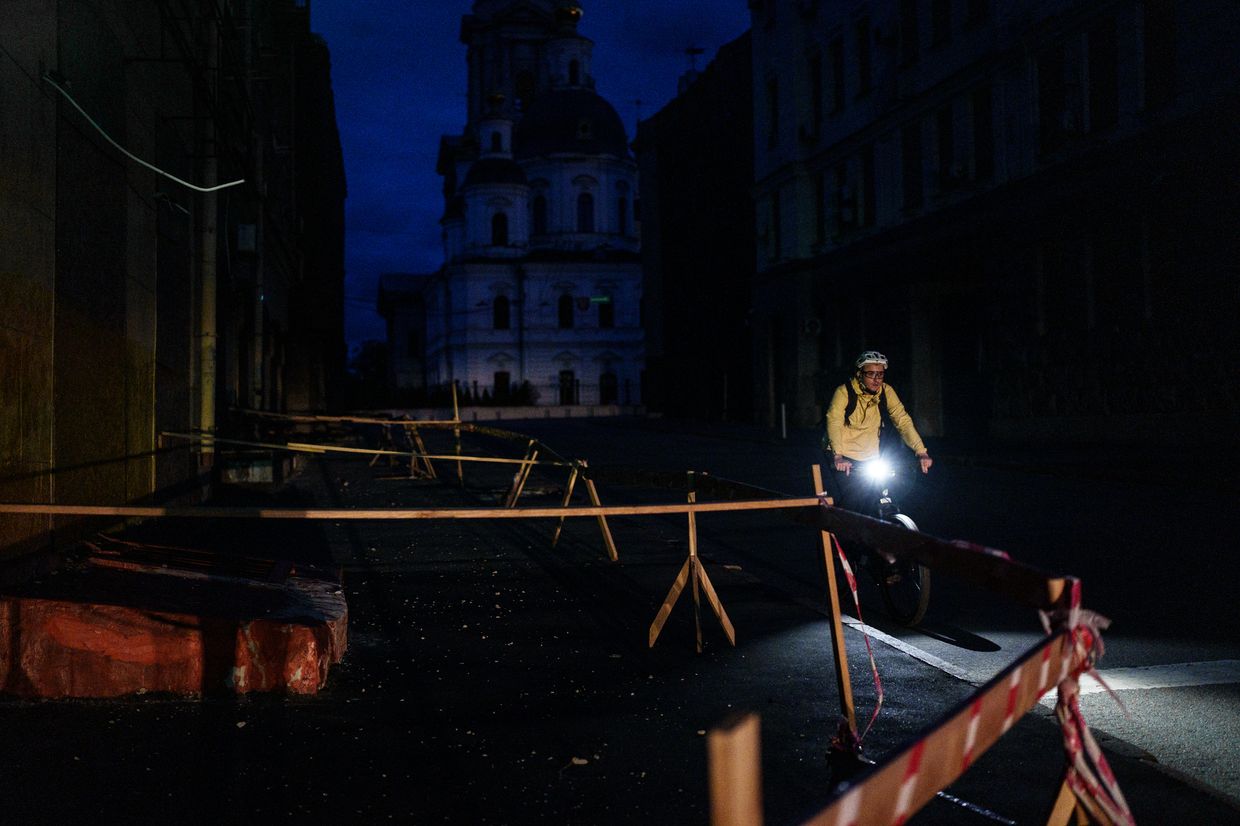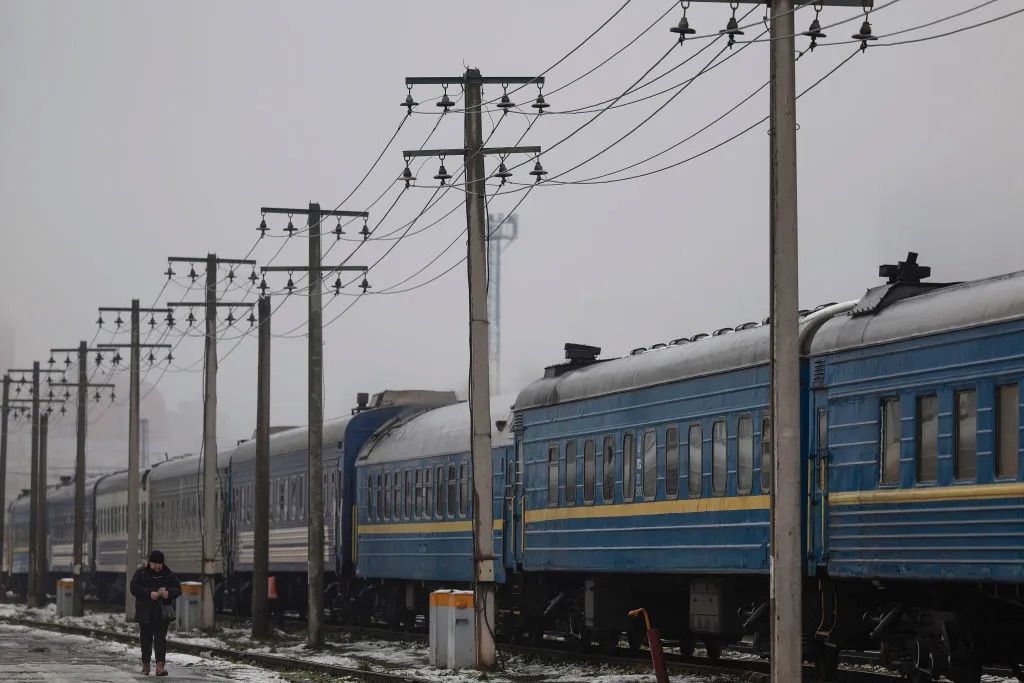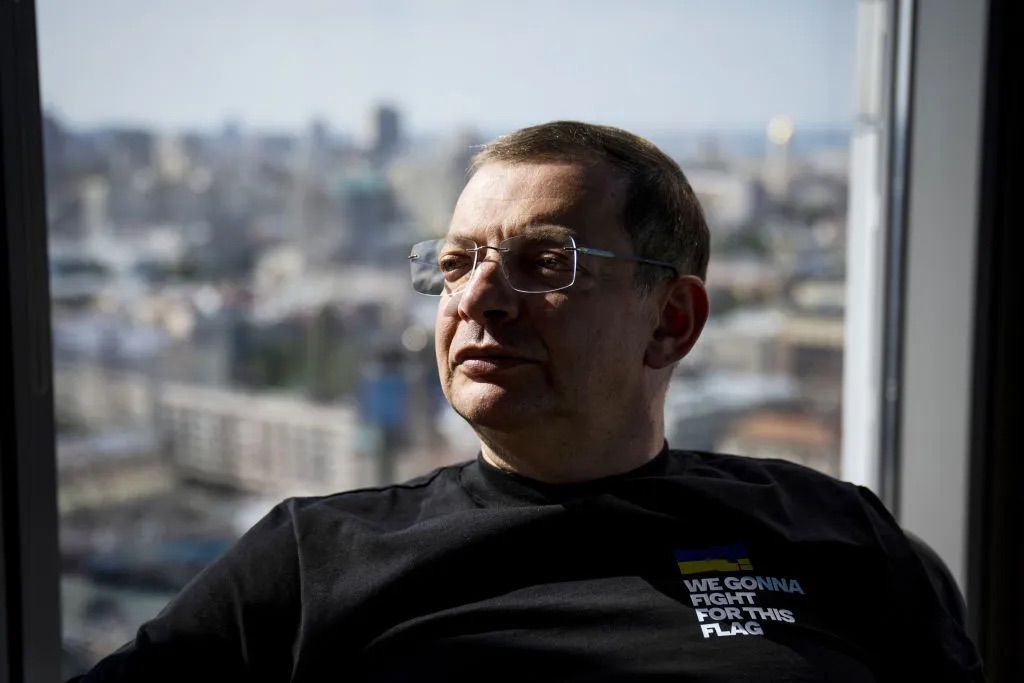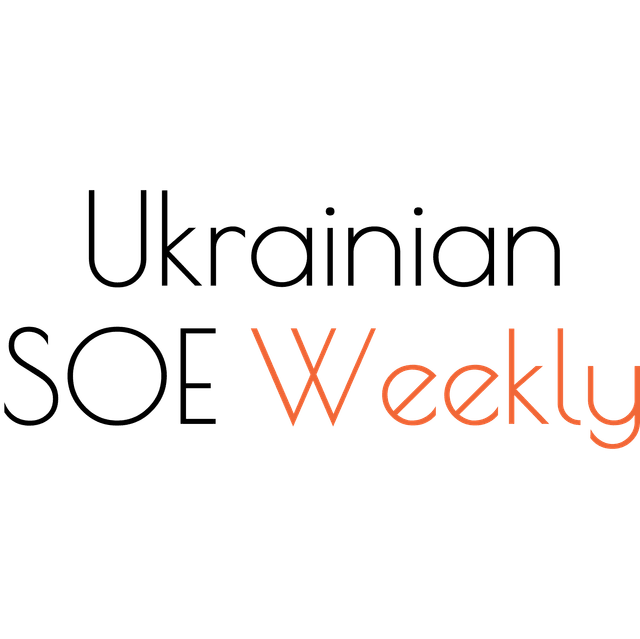Ukraine state-owned enterprises weekly — Issue 130

Editor’s Note: This is issue 130 of Ukrainian State-Owned Enterprises Weekly, covering events from April 27 – May 3, 2024. The Kyiv Independent is reposting it with permission.
Corporate governance of SOEs
Ukreximbank appoints a new CEO. On May 3, Ukreximbank reported that its supervisory board had elected Viktor Ponomarenko as the new bank’s CEO following a competitive selection.
According to Ukreximbank, the selection was carried out with the assistance of the recruitment company Odgers Berndtson. Ponomarenko’s candidacy is yet to be approved by National Bank of Ukraine (NBU).
The bank said that Ponomarenko has over 24 years of experience in the banking sector, including 20 years at ProCredit Bank Ukraine, part of the German financial company ProCredit Holding. Ponomarenko has been ProCredit Bank’s CEO since 2012.
As we reported in Issue 123, on March 11, Ukreximbank announced the competitive selection of a new CEO. The submission deadline was April 1.
The bank’s current CEO is Serhiy Iermakov, who had been an acting CEO from October 2021 to March 2022, when he was promoted to a full-fledged chief executive.
Viktoriya Strakhova, a member of Ukreximbank’s supervisory board, then explained that Iermakov would continue to work as the CEO until a new CEO is appointed. See Issue 123 for more detail.
Ireneusz Fafara resigns from Uknafta’s supervisory board to head Polish energy concern Orlen. On April 10, Orlen S.A., an energy group and the largest state-owned company in Poland, announced the appointment of Ireneusz Fafara as its new CEO.
On April 11, Ukrnafta’s CEO Sergii Koretskyi wrote on his Facebook page that Fafara filed his resignation notice as an independent member of Ukrnafta’s supervisory board.
According to SMIDA, Fafara’s powers were terminated on April 12. No new board member has been appointed instead yet.
As we reported in Issue 122, on March 6, Fafara was appointed as an independent member to Ukrnafta’s new supervisory board. See Issue 122 for more detail.
Energy sector
Naftogaz calls on the EU to help protect gas storage from Russian missiles. According to Financial Times (FT), Naftogaz’s CEO Oleksiy Chernyshov called on EU countries to help protect Naftogaz’s gas storage facilities from a spate of Russian attacks so that these facilities can keep contributing to lower gas prices across the continent.
“It is in the EU’s interest to protect storage, transportation, and production facilities, given that Ukraine’s gas infrastructure is well integrated in Europe’s energy system,” Chernyshov said.
According to Naftogaz, its gas storage sites in western Ukraine had come under attack several times in recent months, but only ground facilities had been damaged. Underground storages, which may be as deep as 3 kilometres, had remained unaffected, the company added.
“Technologically, we’re all fit, we have managed to repair the damaged surface equipment, and we fulfil our obligations to our customers after the attacks,” Chernyshov said.
According to FT, Ukraine still acts as a transit route for Russian pipeline gas into Europe, and its underground gas storages provided European traders with valuable space to park their excess gas ahead of last winter as sites in the EU reached maximum capacity.
As we reported in Issue 120, European traders earned about $320 million from using Ukraine’s underground storages.
According to Naftogaz, foreign traders and energy companies stored 2.5 billion cubic meters of gas in Ukraine in 2023. Naftogaz aims to increase this to 4 billion cubic meters in 2024.
Naftogaz said that Ukraine offered foreign customers up to 10 billion cubic meters of storage capacity this year, a third of Ukraine’s total underground capacity.
Foreign traders transported over 60 million cubic meters of gas to Ukraine in January-February 2024 (see Issue 123).
As we wrote in Issue 126, Ukrtransgaz reported the end of the 2023/2024 heating season and the start of a new season of gas injection into underground storage on 2 April.
As we reported in Issue 129, on 27 April 2024, Russian forces attacked a gas infrastructure facility in the western region of Ukraine. Naftogaz said that no one was injured, and the attack did not affect customer utility access.
[See our Issues 125 and 127 on previous attacks on underground gas storage facilities. – SOE Weekly.]
Infrastructure
Ukrposhta loses Hr 800 million in 2023 (audited). On April 26, Ukrposhta reported its financial results for 2023.
According to a release, Ukrposhta ended 2023 with a loss of Hr 796 million ($20 million). Compared to 2022, the company’s net loss decreased by almost 37%, the company added.
Among the significant factors that negatively affected the company’s financial performance were delays in approving the regulated tariffs and fulfilling of free-of-charge obligations to support the government’s social initiatives, Ukrposhta explained.
The company ended 2023 with a net income of Hr 11.6 billion ($295 million), which is 12% more than the 2022 net income (Hr 10.3 billion, or $262 million). The data was confirmed by an international auditor, Ukrposhta stated.
In 2023, the company continued to implement strategic investment projects, such as upgrading its logistics infrastructure, automating the network, strengthening its resilience to energy and communication disruptions, modernizing its vehicle fleet, and renewing critical IT systems, Ukrposhta also said.
As we reported in Issue 85, Ukrposhta ended 2022 with a loss of Hr 1.258 billion ($32 million). That year, the company had a net revenue of Hr 10.3 billion ($262 million) from sales of goods and services, 7.7% down from 2021. See Issue 85 for more detail.
Confiscation of Russian assets, nationalization, and asset seizure
SPFU takes over 49% of Shell petrol station chain in Ukraine, previously owned by sanctioned Khudainatov. On April 19, the State Property Fund of Ukraine (SPFU) reported that it obtained control over 49% of the chain of Shell petrol stations in Ukraine.
“This is the sanctioned property of Eduard Khudainatov, who owned 49% of Alliance Holding LLC. The company operates a Ukrainian chain of petrol stations under the Shell brand. (The SPFU also acquired control over) 100% of the share capital of Alliance-Ukraine Oil Company LLC, which owns an oil depot and real estate.
Eduard Khudainatov, a former top manager of the Russian state-owned company Rosneft, owns Independent Oil and Gas Company. In June 2022, he was sanctioned by the European Union, and in October 2022, by Ukraine,” the SPFU explained.
According to Forbes Ukraine, before Russia’s full-scale invasion, Shell had 131 petrol stations in Ukraine, of which 118 operate now.
The proceeds from the sale of the sanctioned property would be used to fund the liquidation of the consequences of Russia’s armed aggression, the SPFU added.
On Oct. 4, 2023, the Justice Ministry filed a lawsuit with the High Anti-Corruption Court (HACC) to seize Khudainatov’s assets, which included Alliance Holding LLC.
In January 2024, the HACC refused to seize a stake in Alliance Holding LLC. The reason was that Shell had increased its stake in the Ukrainian subsidiary after the full-scale invasion to 97.4% via two recapitalisations. The share of the company, which the Justice Ministry associates with Khudainatov, was diluted to 2.6%.
The Justice Ministry appealed, and on April 2, the Appeals Chamber of the HACC allowed the nationalization of a 49% stake in Alliance Holding LLC.
According to Forbes Ukraine, the court agreed with the ministry’s argument that Shell had diluted Khudainatov’s stake after he was sanctioned. “There has been a violation of Ukraine’s public order and a dilution of the sanctioned person’s share bypassing the sanctions,” the media’s source said.
Shell then said that Ukraine’s “unjustified appropriation of (the company’s) foreign investments and assets is contrary to international law protecting international investors.” The company would do everything it could to protect its employees, assets, investments, and reputation, Shell added.
On April 29, the SPFU said that it was going to put the 49% stake in the Shell chain up for an open auction after the asset seizure is lifted and the starting price is set. The Fund does not plan to offer this stake exclusively to Shell: The greater the competition for the asset, the greater the benefit to the state budget, the SPFU believes. The Fund was not yet prepared to say when the auction would take place.
Ukrainian SOE Weekly is an independent weekly digest based on a compilation of the most important news related to state-owned enterprises (SOEs) and state-owned banks in Ukraine. The contents of this publication are the sole responsibility of the editorial team of the Ukrainian SOE Weekly. The SOE Weekly is produced and financed by Andriy Boytsun. Communications support is provided and financed by CFC Big Ideas. The SOE Weekly is not financed or influenced by any external party. Editorial team: Andriy Boytsun, Oleksiy Pavlysh, Dmytro Yablonovskyi, Oleksandr Lysenko, and Mariia Kramar.


